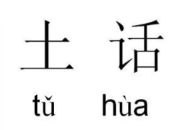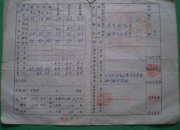Overcome difficulties in learning English高一英语作文
时间:2021-08-31I have had many difficulties since I started to learn English. Since I come from the south of China, I can not distinguish nasal sounds from non-nasals and they sound exactly the same in my dialect.
Thus, I had a hard time telling “night” from “light” at the very beginning. My poor memory also added to the difficulties when I decided to enlarge my vocabulary. English words were so elusive that I could only remember them for a while.
I have spared no efforts to overcome the difficulties and finally succeeded. In order to tell the slight difference between nasal sounds and non-nasals, I forced myself to speak mandarin everyday.
Whenever I started to speak English, I reminded myself the difference between “night” and “light”.
At first I felt it rather unnatural, but as I went on I was gradually accustomed to speaking in this way.
As for my wretched memory, I gave up mechanical memorization and tried many other new ways.
At last I found a most efficient way for me: memorizing English words by their stems and affixes. This is how I have overcome some difficulties in learning English.
我开始学英语时有很多困难。因为我来自中国南部,我分不清前鼻音和后鼻音而且在我们的方言中发音完全一样。
因此,一开始我很难分辨“夜”与“光”。我的记忆力也不好也是一个问题当我决定扩大自己的词汇量时。英语单词是如此难以捉摸的,我只能够记得他们一段时间。
我努力克服困难,最后终于成功了。为了分清楚前鼻音和后鼻音之间的细微差别,我强迫自己每天讲普通话。
每当我开始说英语时,我提醒自己区分“夜”和“光”的读音。
起初我觉得很不自然,但当我继续时我逐渐习惯于这样说。
至于我的不太好的记忆力,我放弃了机械记忆和尝试了许多新的方法。
最后我发现了对我来说一个最有效的方法:记忆英语单词的词干和词缀。这是我如何克服英语学习中的一些困难的方法。











